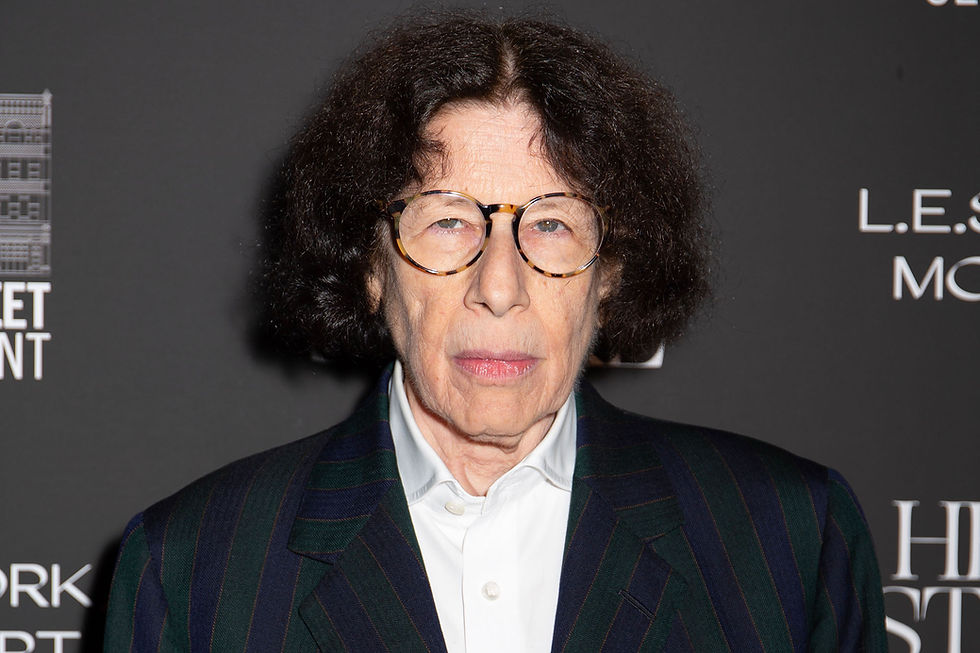Why didn’t we mark Yom Haatzmaut?
- Minyan Team

- Apr 26, 2018
- 3 min read
Author: Rabbi Daniel Lichman
Is this my mistake or am I correct in thinking that no one in the community requested that we hold an event for Yom Haatzmaut? Even for Israel’s 70th? I am not complaining that no one made this request – but I do think that we need to acknowledge it: what does it mean about the kind of Jewish community that we are becoming?

Not long ago my cousin Michal had a baby boy. My parents were in Israel at the time and the whole family were invited to the brit – held in Michal’s home community – an illegal hilltop outpost settlement in the West Bank. Uncle David and family refused to go – knowing that it would seem to condone the occupation. His sister, my Aunty Judy, who is not a settler herself, was upset that her own brother, her only sibling living in Israel would put politics before family and not attend this family simcha.
What were my parents to do? Attendance might be ‘normalising’ the occupation and not attending could mean damage to family relationships.
So, it turns out that my family is split when it comes to Israeli politics and our understanding of Zionism. And so, it turns out, is our British Jewish community.
Is that why our community didn’t hold a Yom Haatzmaut event: because we know there will be disagreement? There’s a satisfying roundness to Israel’s age, 70, the year, according to Pirke Avot, for a ‘hoary head’. I think this decade number can help us to understand our disagreeing perspectives about Israel by connecting them to our age. (I recognise that what follows does not apply to everyone, yet I find such generalisations useful.)
My grandfather's generation survived the Shoah and witnessed the birth of Israel – for my grandfather Israel was about Jewish survival. My parents’ generation remember the terrible fear and the subsequent elation following the 6-day war – for them Israel is about being proud to be Jewish. And for my generation Israel has seemed strong and a key part of our Jewish identity. Yet, my first political memory is the Rabin-Arafat handshake, and then subsequent collapse of the peace process – I am not lucky enough to remember an Israel that was not also an occupying power, exercising rule over those who are not its citizens.
Is that why our community didn’t hold a Yom Haatzmaut event: because many of the involved members are from a younger generation with ambivalence towards Israel?
In Jewish theology we recognise three centres of Jewish life and thought – our holy trinity if you like – God, Torah and Israel (people of). It is around these three ideas that Jewish communities have oriented themselves with varying emphases at different moments in history.
Classical Reform Judaism, for example, oriented itself around God – a universal God of reason who commands ethical behaviour. In the twentieth century – following the modernity and then the devastation of the Shoah it became harder, or less relevant, to believe in and focus on God: the emphasis on God gave way to an emphasis on Israel – on Jewish peoplehood. This manifested itself both through the state of Israel and also through communities here in the diaspora organising themselves around coming together for a shared cultural experience enabling them to feel part of Israel, of the Jewish people.
A fictional rabbi in Jonathan Safran Foer’s novel Here I Am points out a danger in the post-Shoah, Israel centred Judaism: it is based on survival, on continuity of the Jewish people for its own sake. Foer’s fictional rabbi asks: doesn’t Torah teach us that the most important thing is to be righteous? This emphasis on Israel was important, it has taken us to where we are now; we needed it to get through the twentieth century as a people.
As I reflect on why no one suggested that we mark Yom Haatzmaut I realise that it is because the emphasis has shifted for our community, away from Israel/Jewish peoplehood. I’d like us to make this shift consciously, with purpose; I’d like us to choose carefully how we shift our emphasis. It went from God, to Israel and now it is the time for Torah. A Torah, which not only teaches us righteousness, but is also a practice of study and conversation which becomes an orientation to the world – a way of listening, of being moved, of being challenged, of learning how to hold the multiple, the different. A Torah that enables the split community that disagrees about Israel to still come together in community like commentaries gathered around the text of Torah.
This is my hope for us – a community oriented around Torah. What does this look like? I do not know exactly but I have a few ideas. Let us find out as we build our community together.




Comments